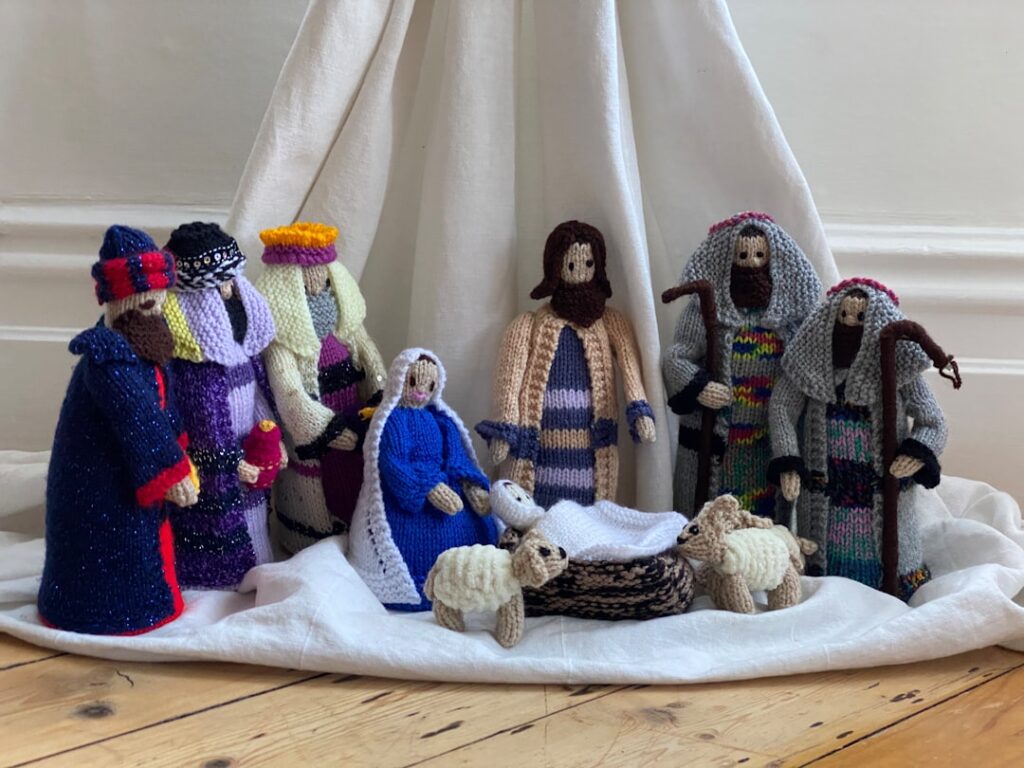 It’s a well-known, quick story—you won’t fall asleep reading it. It’s the kind of story where there was this, there was that, and then it was all over. Perhaps the story before was more gripping, more exciting, but not if you were a leper.
It’s a well-known, quick story—you won’t fall asleep reading it. It’s the kind of story where there was this, there was that, and then it was all over. Perhaps the story before was more gripping, more exciting, but not if you were a leper.
Matthew 8:1-5
So, Jesus comes down the mountain.
He’s just delivered what would become the greatest sermon ever given, the Sermon on the Mount, and the people are buzzing—could this be the One? The air is thick with hope, wonder, and possibilities about the future.
And then Jesus unexpectedly (to us) meets a leper. #awkward.
Now, to understand the shock of this, you have to grasp how lepers were seen at the time. They weren’t just sick; they were unclean. Untouchable. Invisible by law and by culture. To be a leper was to be living but not alive, human but somehow not. A walking symbol of sin, cursed, cut off from God’s presence in the temple where they might find help, comfort, mercy, and food, because surely (in their minds) God couldn’t be anywhere near this kind of brokenness.
But this leper—this man living on the edges of society, who shouts “unclean” as a courtesy warning to anyone who might accidentally come too close, this man who hasn’t felt a human touch that wasn’t recoiling in horror for years, if not decades—this man sees Jesus and breaks all the rules. If Jesus were an American president, the Secret Service would be nowhere to be seen. He approaches Jesus and makes an audacious, faith-filled statement: “Lord, if you will, you can make me clean.”
Cue the sound effects…
He doesn’t even ask to be healed. He asks to be made clean. To be restored not just in body but in humanity, in community, in relationship with God and others.
He’s standing there—in front of Jesus. We all find ourselves there one day or another.
Now, Jesus could have said anything here. He could have healed the man with a word from a distance. He could have simply nodded. But what he does is something else entirely. He reaches out. He touches the man.
Imagine the gasps from the crowd. The stunned silence. The disciples perhaps reaching out to hold him back. Touching a leper? Unthinkable. Scandalous. Revolutionary.
“I will; be clean,” Jesus says. Cut to the adverts…it’s as dramatic and mic-dropping as that.
In that moment, it’s not just the leprosy that’s confronted. It’s every law, every tradition, every barrier that we put up between ourselves and ‘those people.’ Jesus isn’t just healing a man’s body; he’s pointing to a new kingdom—a kingdom where the sick are touched, the outcasts are invited in, the unclean are made clean not just on the outside but on the inside. Where our very worst isn’t the end of our story.
This is the absolute scandal of grace. This is the offence of the gospel: that God moves toward those everyone else moves away from—that God in Christ touches the untouchable, loves the unlovable, cleanses the unclean.
This is good news that demands a church so it can be proclaimed in every nation of the world.
So, what does this mean for us? The challenge is: are there people we consider ‘untouchable,’ wounds we deem too dirty to touch? Or, closer to home—are there parts of ourselves we hide away, convinced they’re too broken to bring into the light?
Jesus meets us with the same life-changing response he gave the leper: “I will; be clean.” His unhindered willingness to heal, to restore, to touch our deepest wounds—that’s the good news. And it’s not just for us; as I just mentioned, it’s for the whole world. It’s for every ‘leper’ we meet, for every person we’ve ever looked at and thought, “too far gone, too broken, too unclean, hard work, too much baggage.”
That was me in 1979. Now the leprosy is gone.
That’s the power of the “I Am” who says, “I will.” He’s still speaking it today—to you, to me, to every last one of us who needs it. And we all do. This is a Saviour big enough for the world.
Live like that’s true; be Christlike and touch the untouchable, love the unlovable, cleanse the unclean, in the name of the One who first did it for us.






